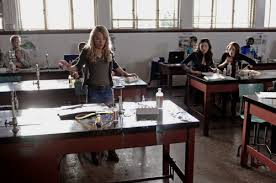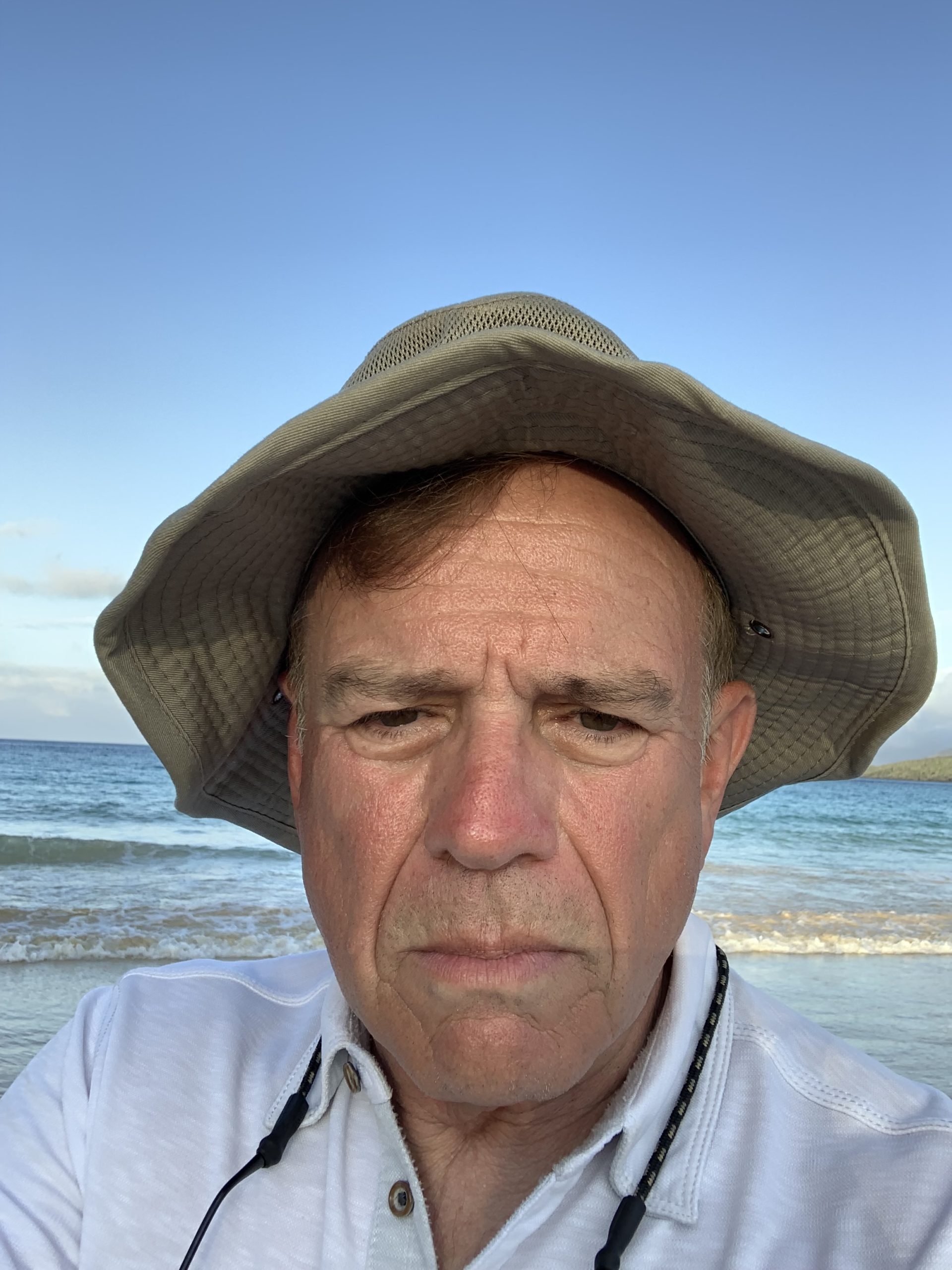by Peter Pavarini

It’s a bad day for science when things don’t go the way experts say they ought to go. It’s an especially bad day for science when experts refuse to change their minds in the face of evidence that is contrary to their assumptions, theories and models.
Addressing Mistakes in the American Healthcare System
In the 1990s, health professionals began moving away from a culture that previously hid mistakes injurious to patients to a culture meant to be “blame-free” – where mistakes would be corrected upon discovery without fear of retribution. Thirty-six states now have “apology laws” which make certain statements inadmissible as evidence in lawsuits. As the old adage goes, “There’s nothing wrong with making a mistake; what’s wrong is letting it stay a mistake without any effort to make it right.” Unfortunately, based upon our experience with the COVID-19 pandemic, this aspect of the American healthcare system remains a work in progress.
In a nation that continues to see 1.5 million medication errors every year, many of which were preventable mistakes[i], is it any surprise that public health experts who projected as many as 2.2 million deaths from the pandemic have yet to admit any error? Not only have we yet to hear from the World Health Organization, the Imperial College of London, or any number of American epidemiologists admit their projections were grossly off, but now, these same experts remain adamant about the public staying in their homes until every person is tested or an effective vaccine becomes available.
This probably makes a great deal of sense to a tenured professor at a major university or a civil servant in a lifetime job, but to the millions who have lost their livelihoods in recent weeks (ironically, many of whom were healthcare workers dealing with medical conditions other than COVID-19), worshipping at the altar of perfection is not a viable option.
Political Decisions Said to be Based on Science
Should we draw any comfort knowing our political leaders are basing their actions on the “best science and epidemiology counsel there is”[ii] or that they are going to “do the right thing, not judge by politics, not judge by protests, but by science”[iii]? Maybe we would if the scientists had shown some humility and done a better job explaining why their projections were unreliable in the first place. I am willing to cut elected leaders in both parties some slack (particularly those who aren’t doctors or other healthcare professionals), but as playwright George Bernard Shaw once said: “Political necessities sometime turn out to be political mistakes.”
In recent days, many commentators have become rightfully concerned about the long-term economic and social damage caused by the Great Pandemic of 2020. Although I’m also troubled by these consequences, I’m more alarmed by the willingness of Americans – both in regions that have been hard hit by the virus and those relatively unscathed – to surrender their civil liberties without much of a fight. That may be about to change as growing numbers see no justification having younger people continue to shelter in place[iv].
On the other hand, expect to see the verbal bludgeoning (aka “COVID-shaming) of anyone who dares challenge the orthodoxy of those who claim to “believe in science” – even bad science. Witness what happened to Stanford professor John Ioannidis, one of the world’s most cited medical scientists, after he concluded – based on the data – COVID-19 is far less deadly than modelers had assumed.[v]
Laying the Blame
Everyone from the president to local health officials is currently looking for someone to blame for their miscalculations. Since the coronavirus outbreak appears to have originated in China, it’s understandable why those deflecting responsibility would seek to find fault with the way the Chinese government belatedly and reluctantly reported misinformation about the disease. Well before the COVID-19 outbreak, it was widely reported that the Chinese people at every level of society are utterly unwilling to admit making a mistake.[vi] Losing face in public is so unbearable for most Chinese, they would prefer to be exiled from their society than face the consequences of being wrong. Knowing this cultural predisposition, why would public health experts outside China place any confidence in the data coming out of that country in the first place?
A complete medical understanding of COVID-19, particularly all of the variables in how it is spread and why it kills some and not others, remains a long way off. Given the limitations of science, shouldn’t we acknowledge, to paraphrase an Arab proverb, that a known mistake is better than an unknown truth? Isn’t the US big enough to admit, as they say in DC, that “mistakes were made”, smart enough to learn from them, and strong enough to correct them?
The F.E.A.R. Factor
According to Molly Larkin, a writer who blogs about Native American culture, there are several reasons why people are afraid to admit their mistakes:
- A mistake is a failure, and failure is not an option in our world
- In our success-driven culture, we worship perfection and always feel a need to be better than others
- Our educational system compounds the problem by grading us on the number of mistakes we don’t make
- Because we fear failure, we play it safe and never reach our full potential
Larkin also provides a great acrostic for the word “FEAR” – False Evidence Appearing Real.[vii]
I’ll end with a quote from Jules Verne:
Science is made up of mistakes, but they are mistakes which it is useful to make, because they lead little by little to the truth.
We can only hope that, because of lessons learned from the Great Pandemic of 2020, those who seek to be called experts will be wiser, humbler and more gracious the next time science has a “terrible, horrible, no good, very bad day”.[viii]
[i] https://www.ncbi.nlm.nih.gov/pmc/articles/PMC5424837/
[ii] Michigan Governor Gretchen Whitmer, https://www.wsj.com/articles/the-bearer-of-good-coronavirus-news-11587746176
[iii] California Governor Gavin Newsom, Ibid.
[iv] The limited mass quarantine period that began with the CDC’s “15 Days to Slow the Spread” campaign on March 16, 2020, and subsequently extended through April 30, 2020, was not premised on eradicating the virus in that time, but rather on providing the country an opportunity to assess the situation and increase our ability to test and trace the spread of the disease. It may be years, if ever, before we know if the US actually “flattened the curve”, but we now know that, with the possible exception of the New York metropolitan area, our hospitals were never close to being overwhelmed. Since no one in government ever promised a cure for COVID-19 (treatment or vaccine) by the end of April, the unemployed – who are disproportionately younger workers and/or the parents of children who have been out of school for weeks – are asking why private voluntary actions, additional testing and protecting the most vulnerable sub-populations isn’t an adequate response going forward.
[v] John P.A. Ioannidis, MD, “A fiasco in the making? As the coronavirus pandemic takes hold, we are making decisions without reliable data”, Stat News, March 17, 2020.
[vi] Cyril Saidah, “Why the Chinese Seldom Admit Their Mistakes”, Global Times, May 10, 2016.
[vii] https://mollylarkin.com/why-are-we-afraid-to-admit-our-mistakes/
[viii] Judith Viorst & Ray Cruz, Alexander and the Terrible, Horrible, No Good, Very Bad Day (1972).

Be First to Comment